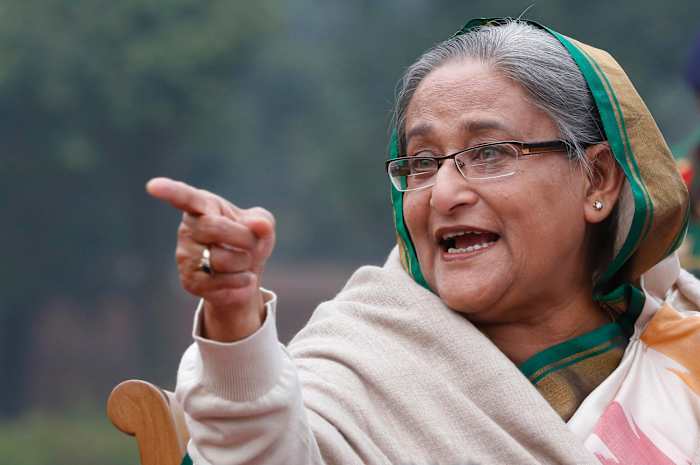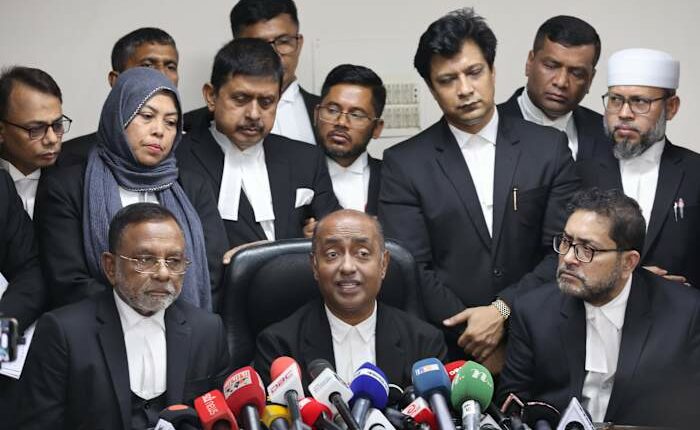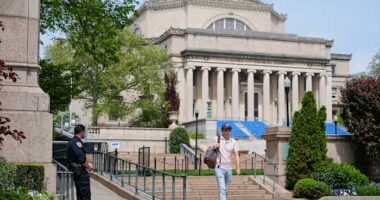Share this @internewscast.com

DHAKA – In a significant judicial decision, Bangladesh’s Supreme Court reinstated the nonpartisan caretaker government system for future national elections on Thursday. However, this will not affect the upcoming elections slated for early next year.
The caretaker system, initially established in 1996, was lauded both domestically and internationally as a measure to ensure fair elections in Bangladesh’s parliamentary democracy, which serves a population of 170 million. Under this system, nonpartisan governments led by retired chief justices managed two elections, each within a 90-day period, successfully transitioning power to the winning party. The 2008 election was similarly administered by a former central bank governor.
Nevertheless, political tensions led to the system’s abolition in 2011 at the instigation of the court during Prime Minister Sheikh Hasina’s tenure. Critics accused Hasina of intending to manipulate electoral outcomes. Her government conducted the 2014, 2018, and 2024 elections, which she won, though these were widely criticized for lacking credibility. The Bangladesh Nationalist Party, led by Hasina’s rival and former Prime Minister Khaleda Zia, boycotted the 2014 and 2024 elections, insisting on the return of the caretaker system—a demand Hasina consistently refused.
On Thursday, the Supreme Court, comprising seven justices, reached a unanimous decision on two appeals and four review petitions challenging its earlier 2011 ruling.
The ruling dictates that the caretaker system will be reinstated for Bangladesh’s 14th national election since its independence from Pakistan in 1971. However, this system will not be implemented in the 13th post-independence election, which Nobel Peace Prize winner Muhammad Yunus will oversee as part of the interim government.
Attorney General Mohammed Asaduzzaman expressed his approval of the court’s decision following the announcement.
“The caretaker government system has been declared supportive of Bangladesh’s democracy, and this may be elaborated in the full judgment of the court,” he told reporters after Thursday’s decision. “We believe Bangladesh has now begun its journey on a truly democratic highway.”
Zia’s party welcomed the decision on Thursday.
“The verdict of restoring the caretaker government system will mark the beginning of a new horizon,” said Amir Khasru Mahmud Chowdhury, a key figure in Zia’s party.
Yunus became the nation’s interim leader three days after Hasina was ousted on Aug. 5, 2024 in a mass uprising that ended her 15-year rule. She remains in exile in India and was sentenced to death Monday after being convicted of crimes against humanity.
Analysts say Bangladesh could need to navigate a difficult situation ahead of the elections as the country is at a crossroads under the Yunus-led government.
Copyright 2025 The Associated Press. All rights reserved. This material may not be published, broadcast, rewritten or redistributed without permission.










